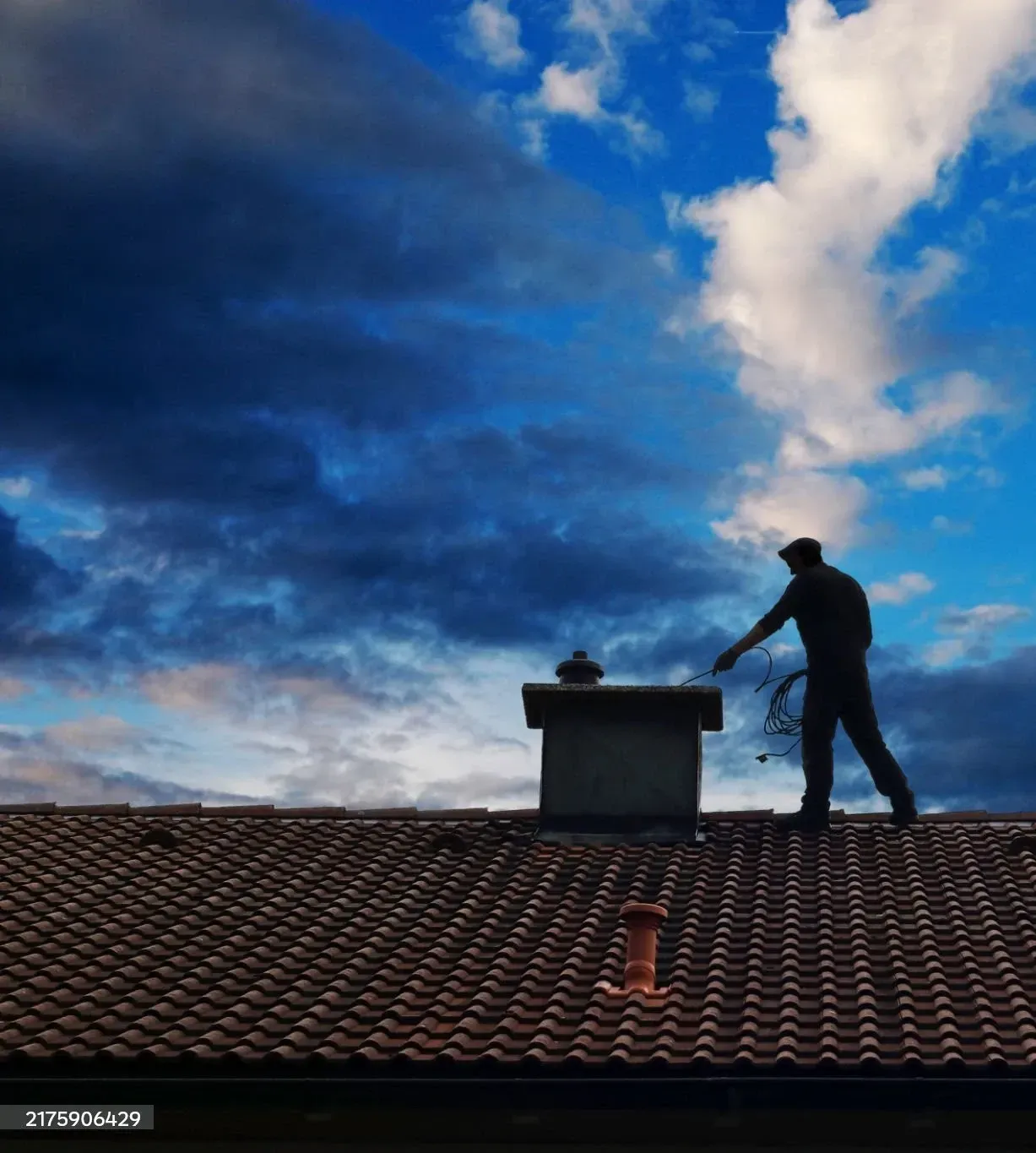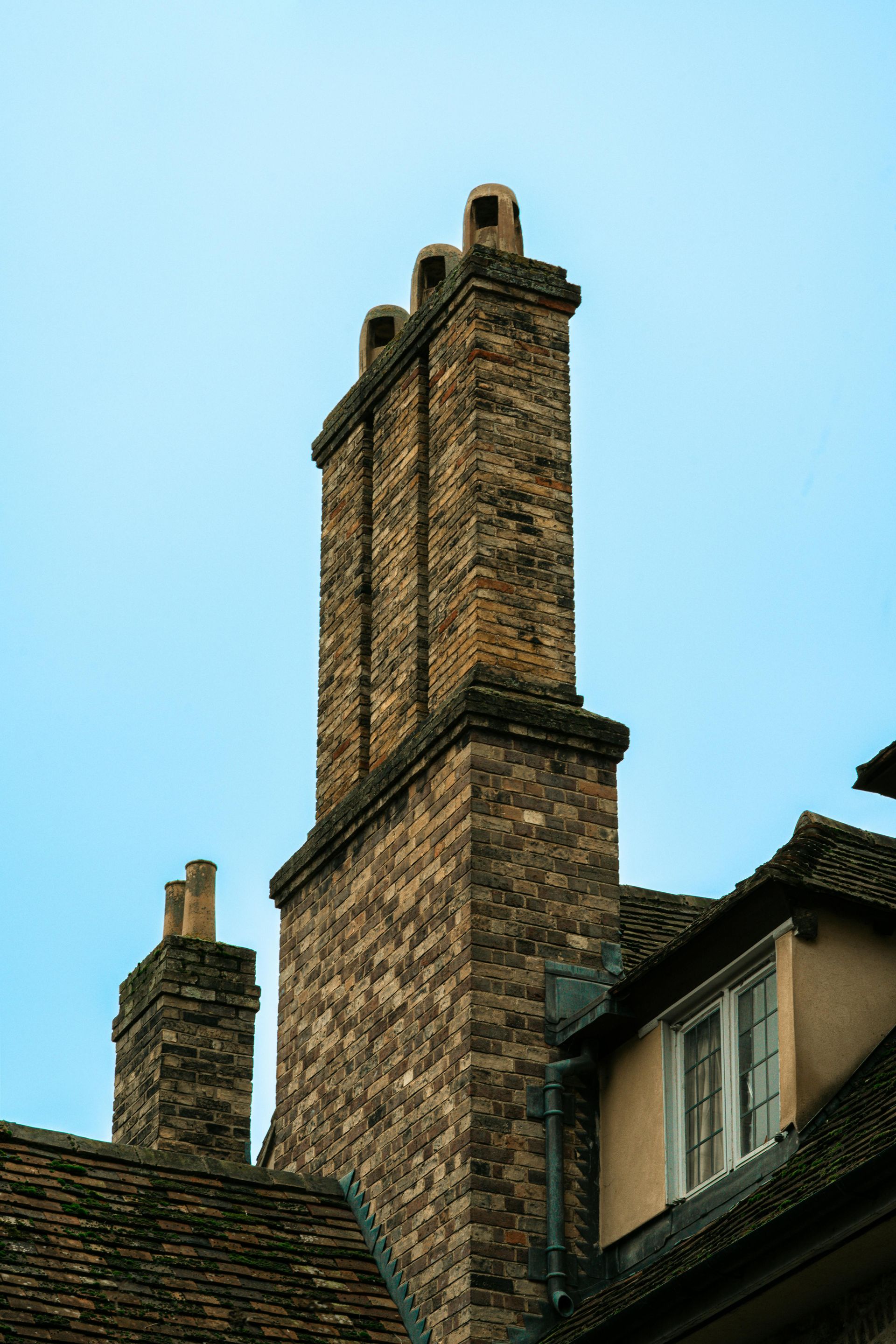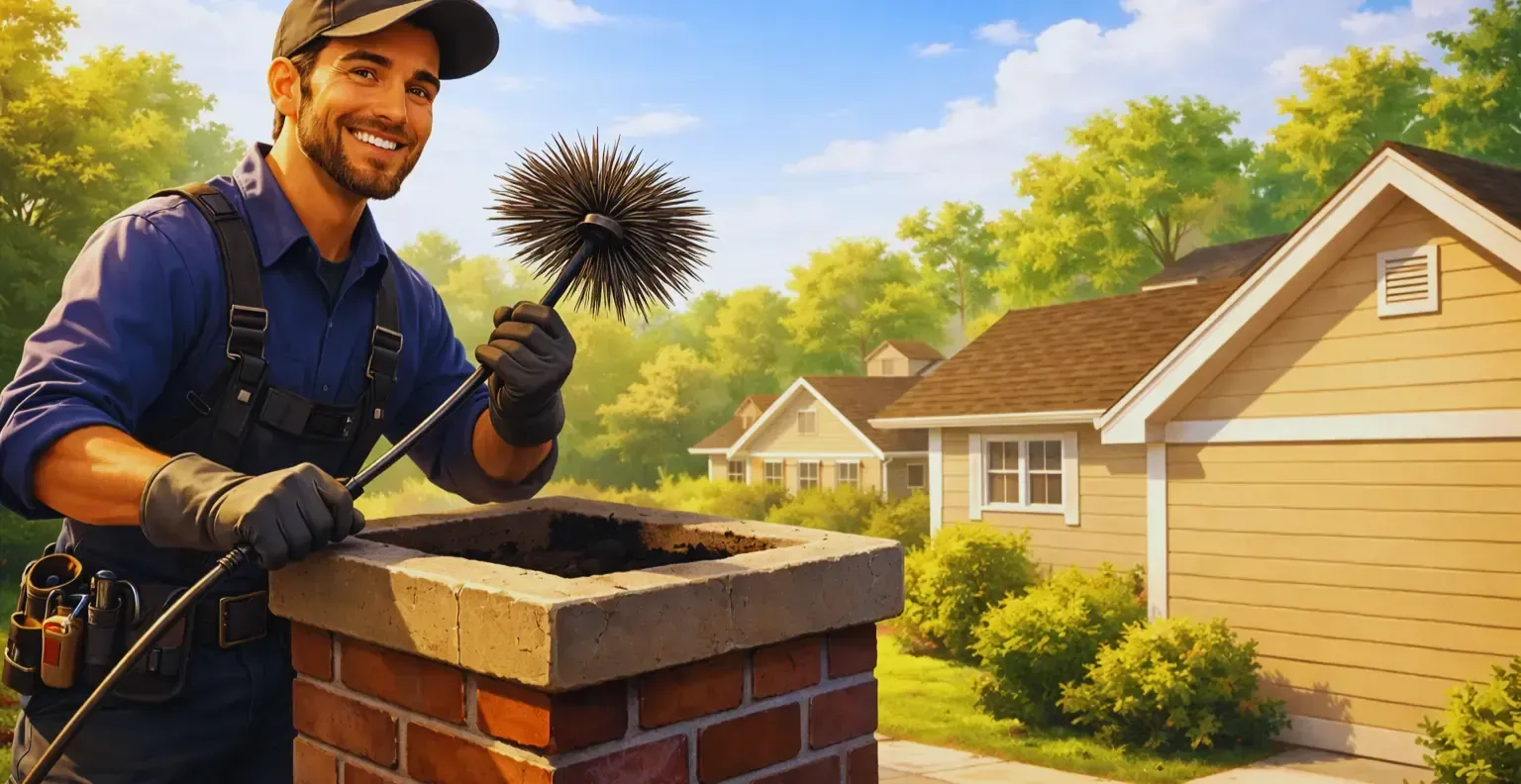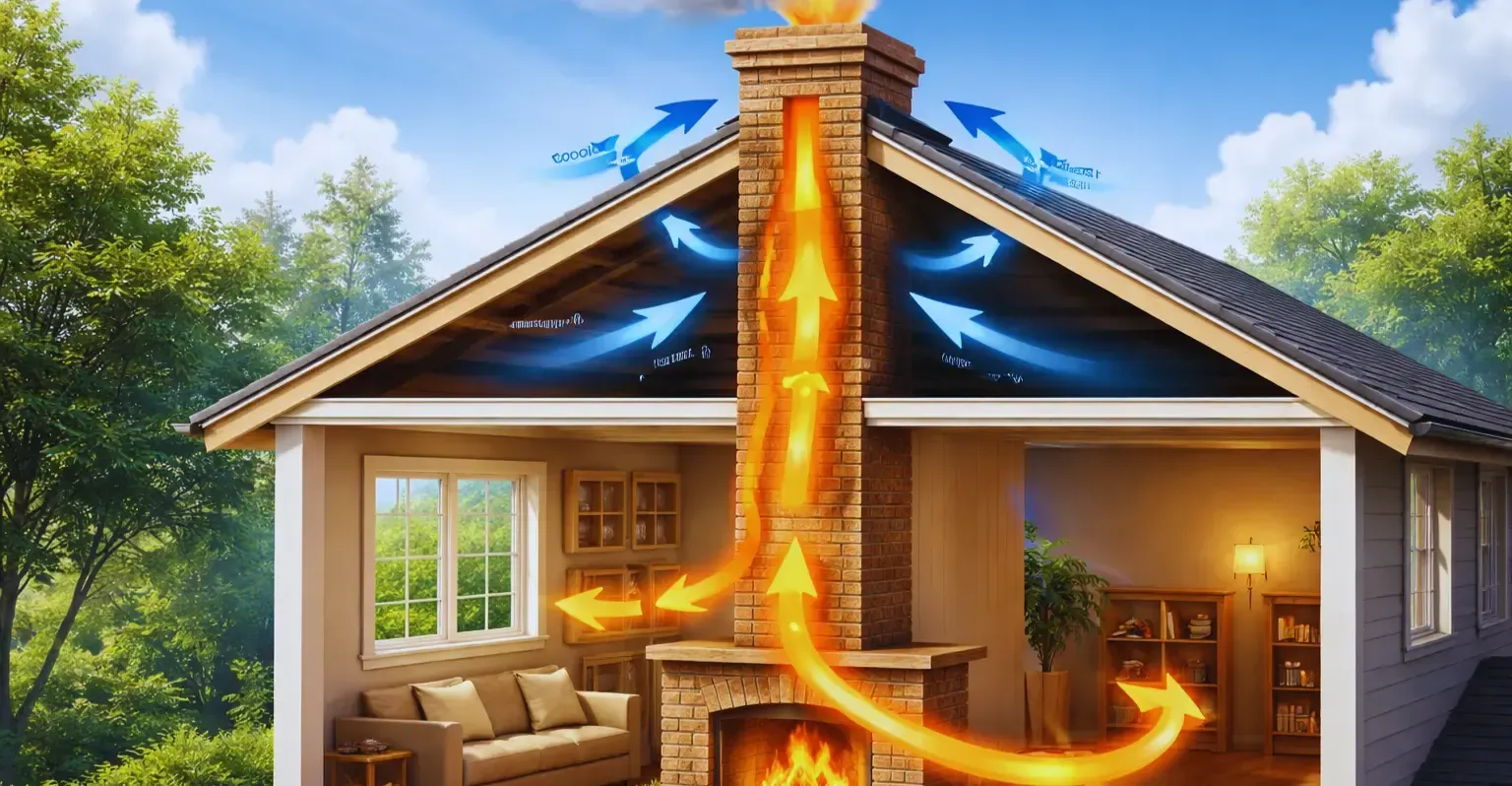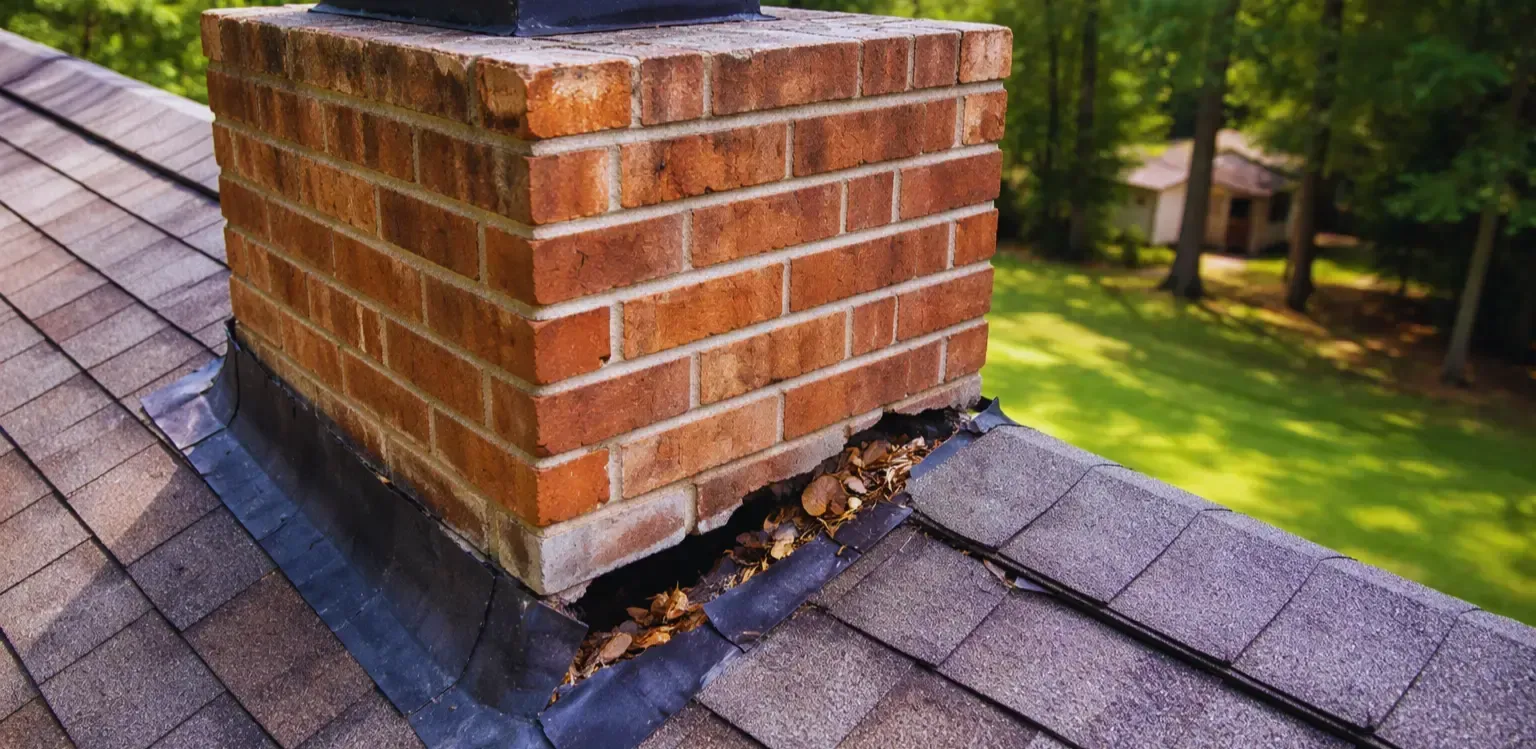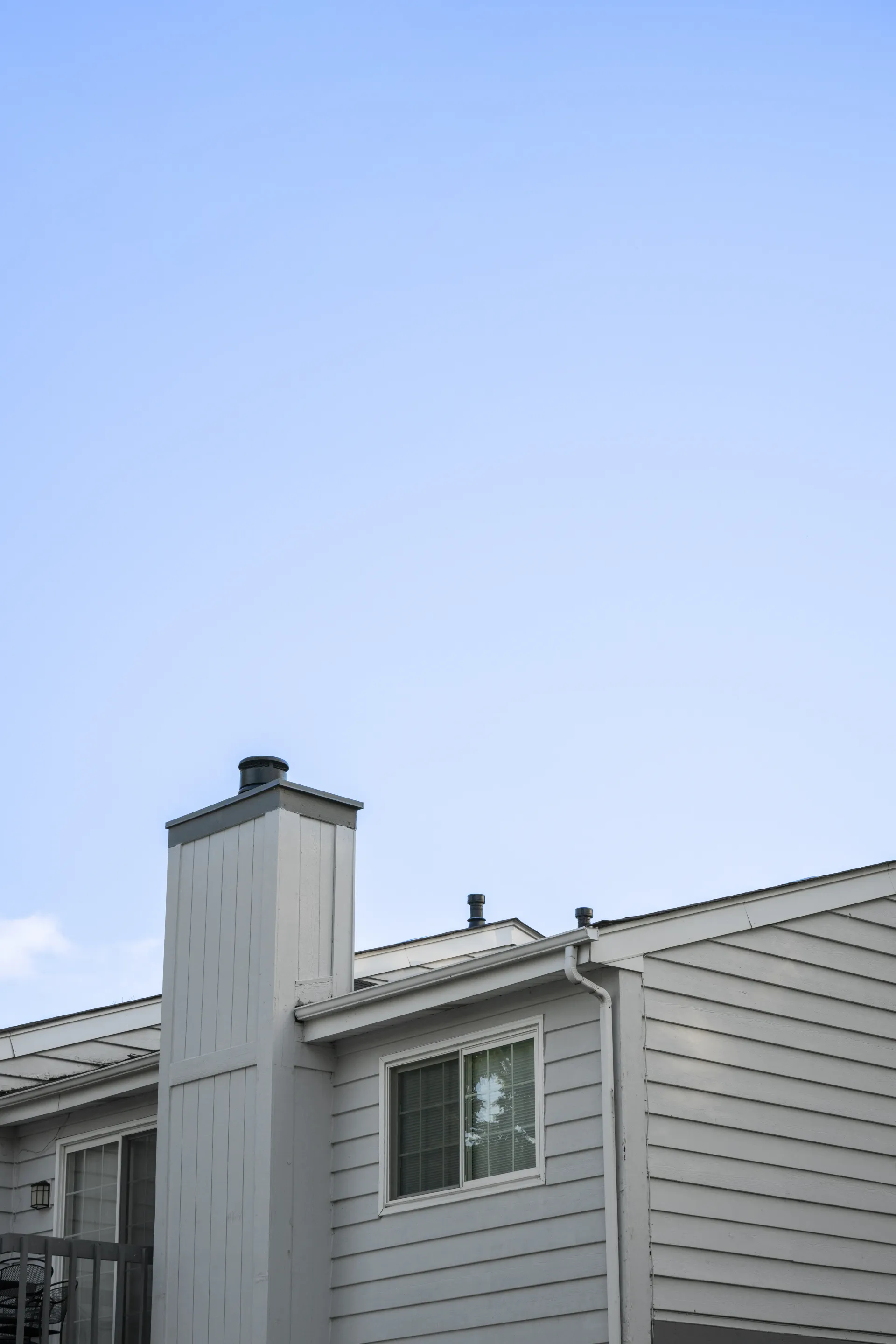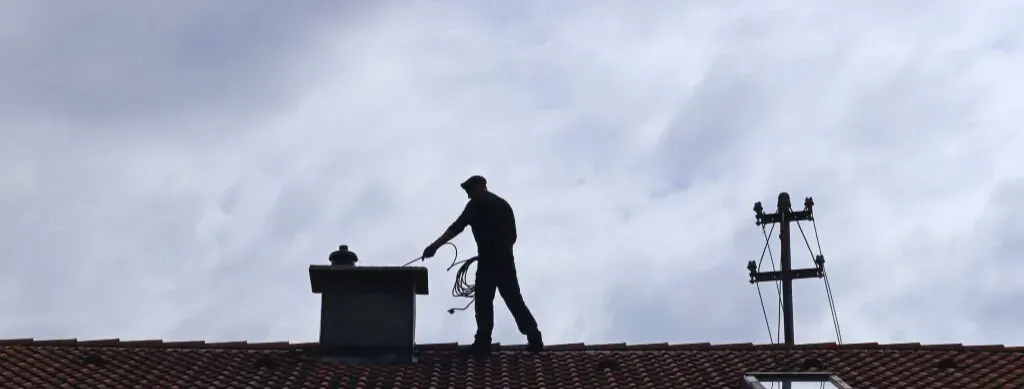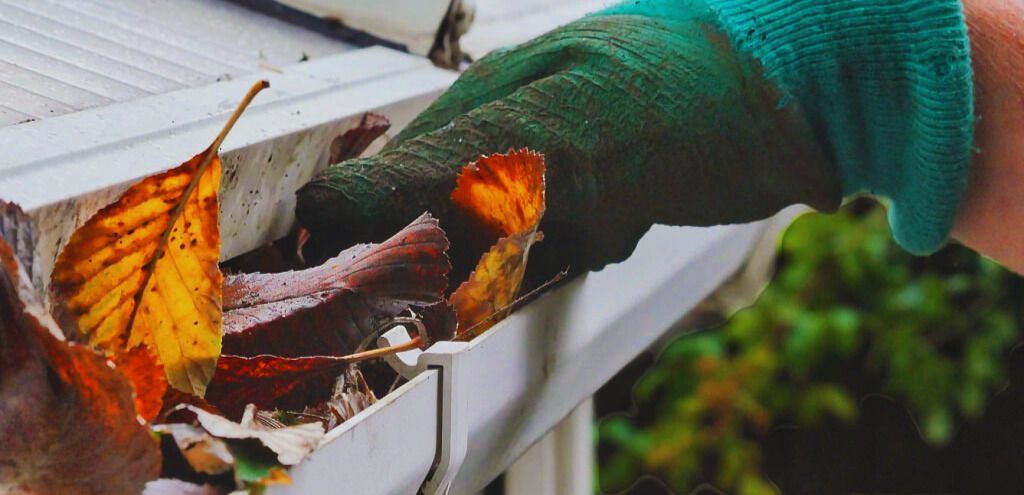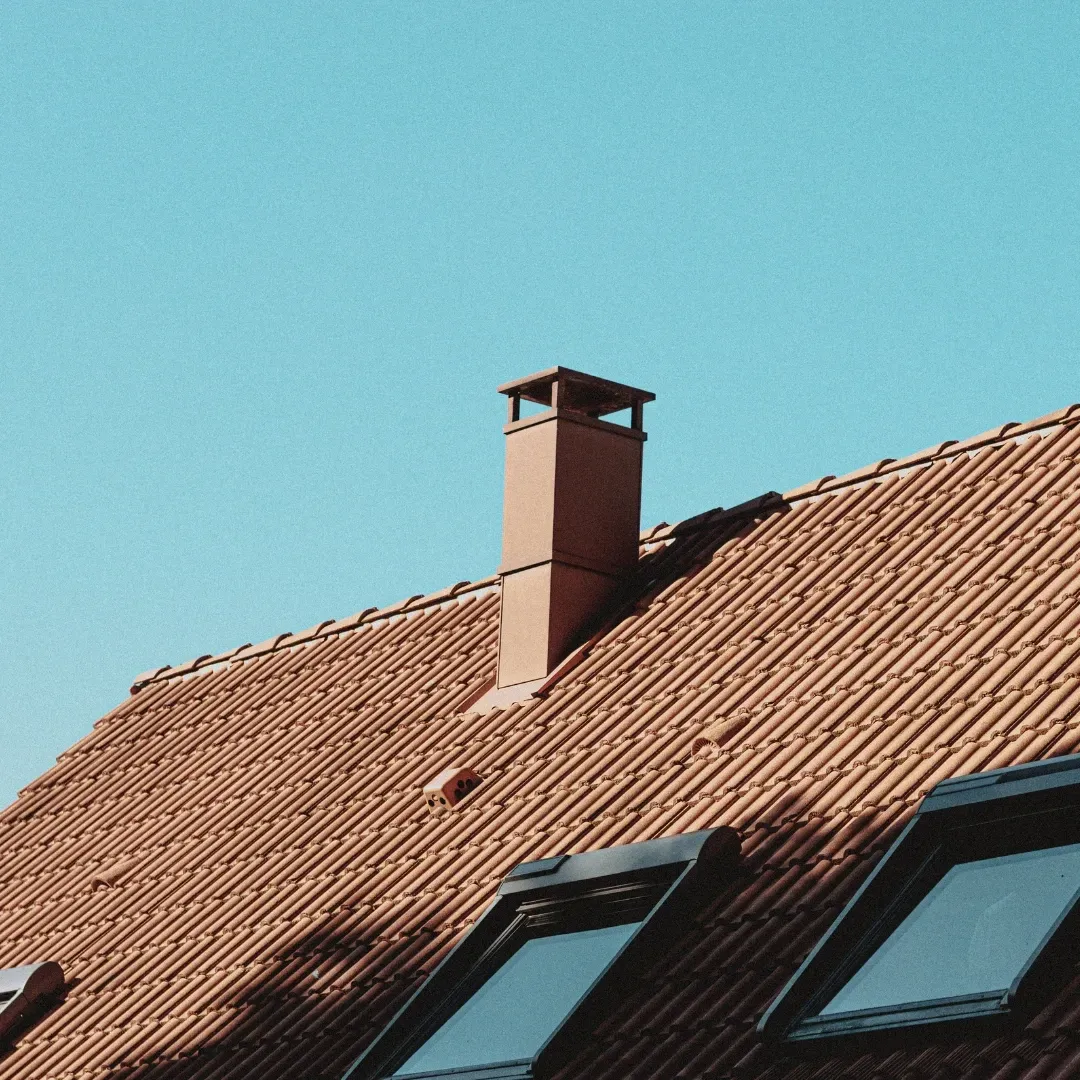Should I Close My Chimney in Winter? A Complete Guide
Last winter, I faced a common problem that many homeowners in Maine and New Hampshire experience. My living room felt like an icebox despite running the heating system constantly. The culprit? My open chimney was letting warm air escape and cold drafts enter. This experience taught me valuable lessons about winter chimney maintenance that I'm excited to share with you.
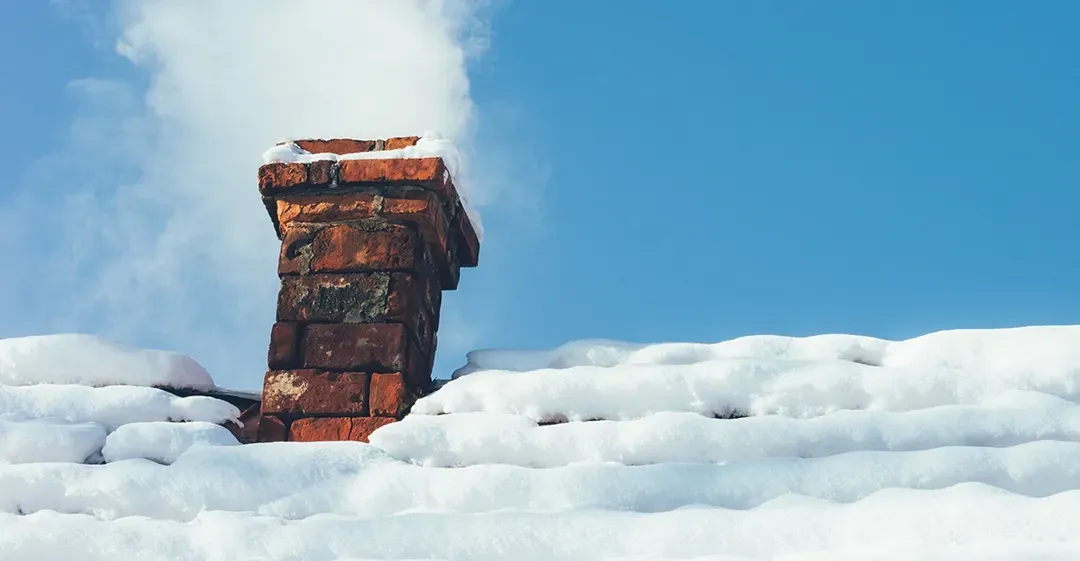
Understanding Your Chimney in Winter
The Role of Your Chimney During Cold Months
Your chimney plays a crucial role in your home's ventilation system, even when you're not using your fireplace. In my experience working with homeowners across Maine and New Hampshire, I've noticed many don't realize that an open chimney can significantly impact their home's comfort and energy efficiency.
Common Winter Chimney Problems in Maine and New Hampshire
Living in New England means dealing with harsh winters. Our region's freeze-thaw cycles can be particularly hard on chimneys. I've seen countless cases where unclosed chimneys lead to issues like water damage, ice formation, and unwanted wildlife seeking shelter. These problems are especially common in coastal Maine areas and throughout New Hampshire's mountainous regions.
Why Consider Closing Your Chimney
Heat Loss Through Open Chimneys
Did you know that an open chimney can waste up to 10% of your home's heat? Think of your chimney as a straw sticking out of your house – when it's open, warm air naturally rises and escapes through it. This process, known as the stack effect, is something I deal with regularly in my chimney service work.
Impact on Energy Bills
When I first started helping homeowners with their chimneys, I was amazed by how much their energy bills dropped after properly closing their chimneys for winter. One client in Portsmouth, NH, reported a 20% reduction in their heating costs after we installed the right chimney closure system.
Winter Draft Issues
Cold drafts aren't just uncomfortable – they can create air pressure imbalances in your home. I remember visiting a home in Portland where the homeowner complained about cold spots and whistling sounds. The open chimney was creating a vacuum effect, pulling cold air down into their living space.
When to Close Your Chimney
Seasonal Timing Guide
In my years of serving homes across Maine and New Hampshire, I've learned that timing is everything when it comes to closing your chimney. I typically recommend closing your chimney in late fall, usually around mid-October, before the first frost hits. This timing works perfectly for our New England weather patterns, giving you enough time to prepare for those bitter winter months.
Weather Conditions to Consider
Temperature Thresholds
From my experience working in places like Portland and Manchester, I've found that the best time to close your chimney is when nighttime temperatures consistently drop below 40°F. Last year, I helped a family in Brunswick who waited too long – they ended up with frozen precipitation in their chimney because they delayed closing it.
Precipitation Factors
Living in New England means dealing with various forms of winter precipitation. Snow, sleet, and freezing rain can all cause problems in an unclosed chimney. I remember helping a homeowner in Portsmouth who had significant water damage because snow had melted and leaked through their unclosed chimney.
How to Properly Close Your Chimney
DIY Methods and Tools
While some aspects of chimney maintenance can be handled by homeowners, I always stress the importance of doing it right. Here's what I've learned works best:
A good chimney balloon or draft stopper can be effective if installed correctly. However, I've seen many cases where improper DIY installation led to bigger problems. One client in Concord tried using old blankets as a makeshift solution – definitely not something I'd recommend!
Professional Solutions
Damper Installation
As a professional chimney service provider, I often recommend installing a top-sealing damper. Unlike traditional throat dampers, these create an airtight seal at the chimney top. I recently installed one for a family in Augusta, and they were amazed at how much warmer their home felt immediately.
Chimney Caps and Covers
A quality chimney cap is worth its weight in gold during our harsh New England winters. I've installed hundreds of them across Maine and New Hampshire, and they're excellent at keeping out both weather and wildlife. Just last month, I helped a homeowner in Dover who had raccoons trying to nest in their uncapped chimney!
Maintenance Tips Before Closing
Pre-Winter Inspection Checklist
Before closing your chimney for winter, here's what I always check for my clients:
- Creosote buildup (this must be cleaned before closing)
- Structural integrity of the chimney liner
- Signs of water damage or deterioration
- Proper damper operation
- Presence of any wildlife or debris
Cleaning Requirements
Safety Considerations
In my years of service, I've learned that a clean chimney is a safe chimney. Before closing up for winter, thorough cleaning is non-negotiable. I once inspected a chimney in Nashua that hadn't been cleaned in years – the creosote buildup was a serious fire hazard.
Professional Advice and Services
When it comes to winter chimney maintenance, having a reliable professional in your corner makes all the difference. I've spent years helping homeowners throughout Maine and New Hampshire, and I can't stress enough the importance of regular maintenance.
Key Takeaways
After working with countless chimneys in our region, here's what I want you to remember:
- Timing matters – close your chimney before the first frost
- Professional inspection ensures safety and efficiency
- Proper closure can significantly reduce heating costs
- Regular maintenance prevents costly winter damage
Frequently Asked Questions
Q: How much money can I save by closing my chimney in winter?
A: Based on my experience with local homes, most families save 10-20% on their heating bills.
Q: Can I close my chimney myself?
A: While DIY methods exist, I recommend professional installation for safety and effectiveness.
Q: How often should I have my chimney inspected?
A: I recommend annual inspections, especially before closing for winter.
Conclusion
After years of servicing chimneys across Maine and New Hampshire, I can confidently say that properly closing your chimney for winter is one of the smartest moves you can make as a homeowner. It's not just about saving money – it's about protecting your home and ensuring your family's comfort and safety during our tough New England winters.
Need help with your chimney? Contact us for professional assistance. Our team at Select Chimney Services is here to help you prepare your chimney for whatever winter throws our way.
Table: Average Winter Energy Savings with Proper Chimney Closure
| Method Used | Potential Savings | Installation Cost | Lifespan |
|---|---|---|---|
| Chimney Balloon | 10-15% | $50-100 | 2-3 years |
| Top Damper | 15-20% | $200-400 | 10+ years |
| Professional Sealing | 20-25% | $300-500 | 15+ years |
This comprehensive guide reflects my personal experience helping homeowners across Maine and New Hampshire protect their chimneys during winter. Remember, every home is different, and what works best for your chimney might need a personalized approach. Don't hesitate to reach out for professional guidance!
